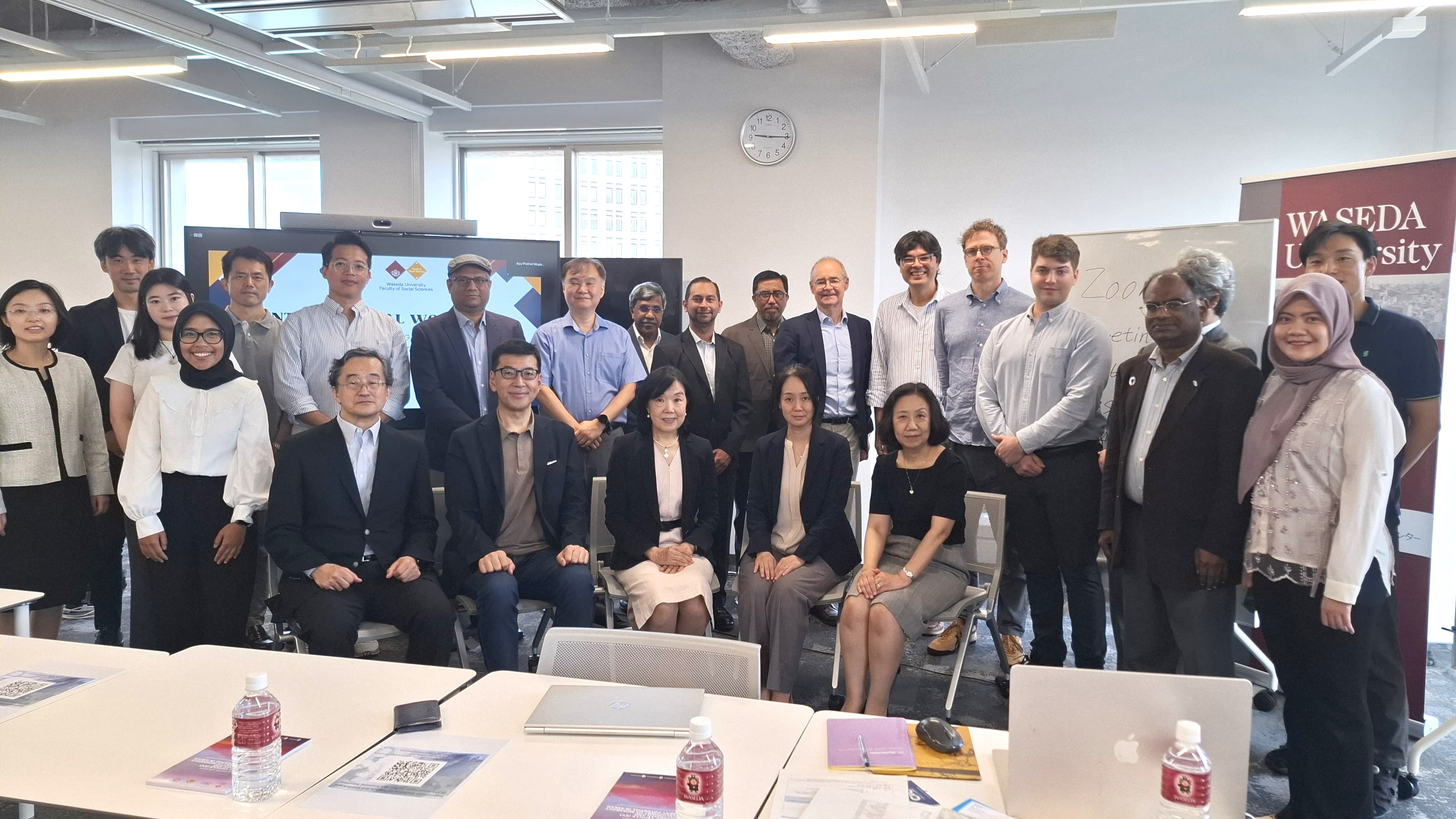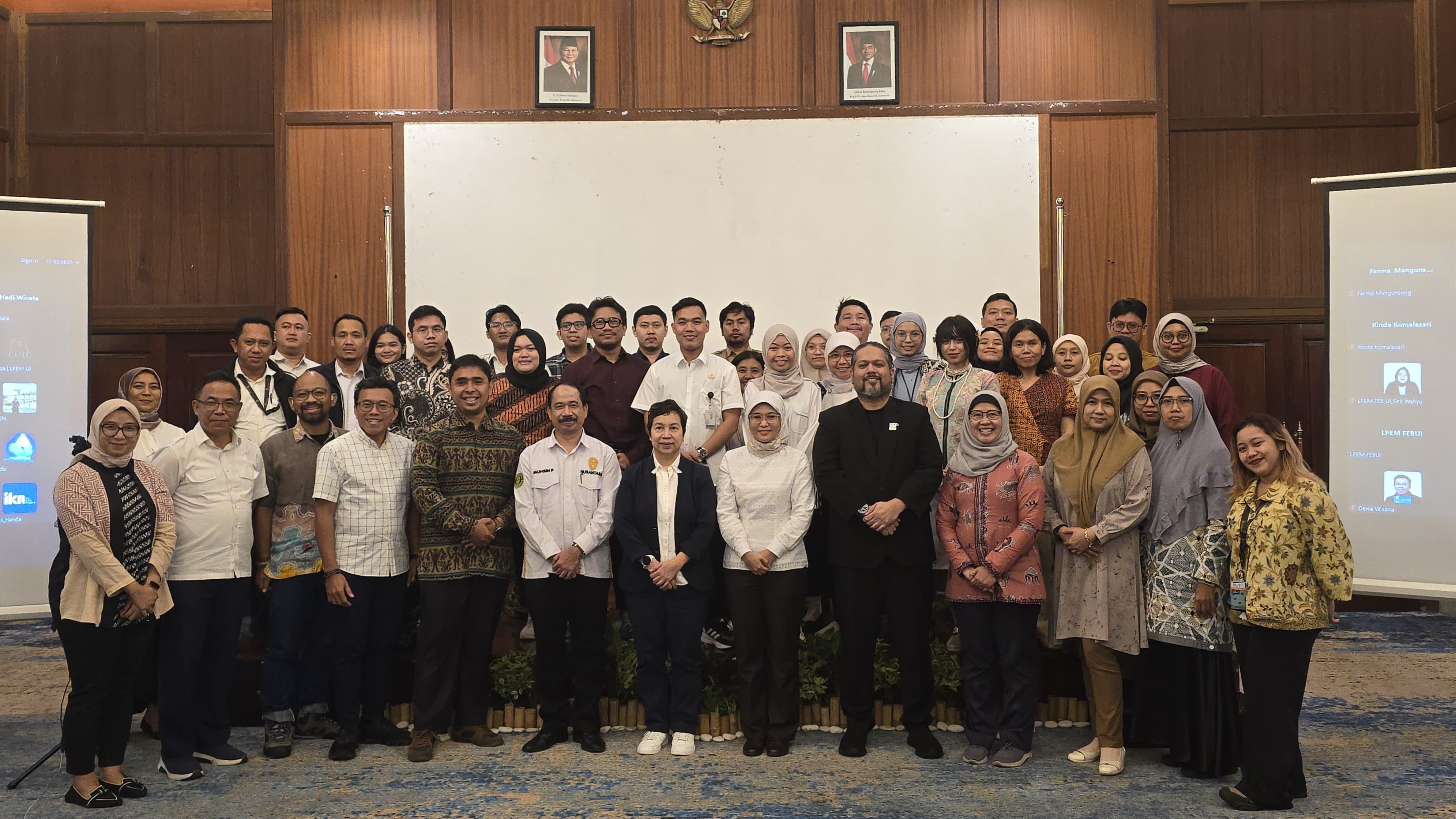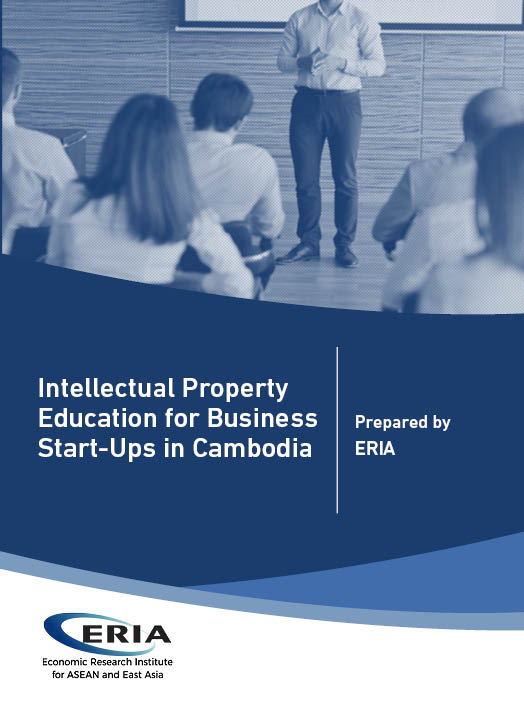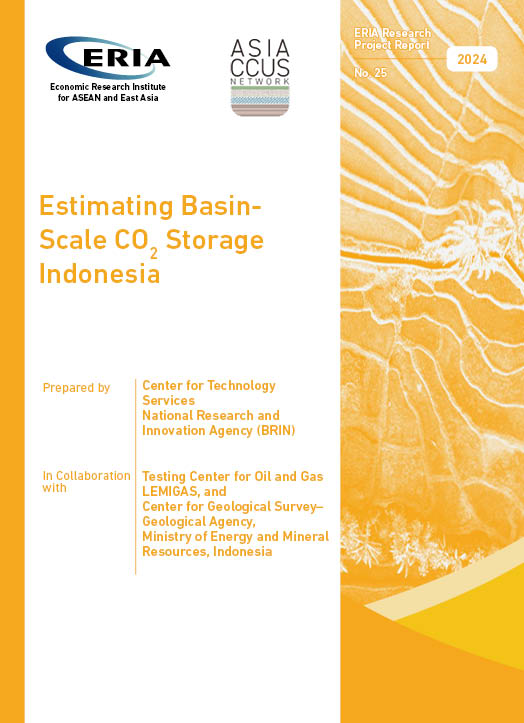ERIA and Waseda University Jointly Host International Workshop on ESG’s Role in Advancing the Net-Zero Transition
Share Article:
Print Article:
Tokyo, 13-14 September 2024: In recent years, Environmental, Social, and Governance (ESG) investing has emerged as a key strategy across various regions, including Japan, the EU, and emerging economies such as ASEAN. However, the pace and scale of ESG investments within ASEAN Member States (AMS) have varied significantly. ASEAN’s progress has been driven by regulatory frameworks and reporting guidelines, with the ASEAN Taxonomy for Sustainable Finance serving as a cornerstone for a smooth transition. While increased involvement from regulators and stock exchanges, including ESG disclosure guidance, has improved practices, it has also contributed to disparities in implementation and market fragmentation.
In collaboration with Waseda University, ERIA organised a 2-day International Workshop on the Impacts and Interlinkages of ESG Investments on the Net-Zero Economy Transition. Nineteen international experts in ESG investments, net-zero transitions, and sustainable finance taxonomy were invited.
The workshop marked the conclusion of ERIA's study on the impacts and interconnections of ESG investments in the transition to a net-zero economy. Its objectives were: (i) to present and discuss key findings from regional and country analyses of ESG investment trends; (ii) to explore the interlinkages between ESG and the net-zero transition; (iii) to review implications for sustainable finance taxonomies; and (iv) to finalise key messages and outline the next steps for publication. Prof. Jusuke Ikegami from Waseda University and Prof. Fukunari Kimura from ERIA and IDE-JETRO delivered the opening remarks, introducing theoretical frameworks and global ESG trends. The presentations were organised into six thematic clusters.
The first session provided an overview of the theoretical narratives and trends of ESG investment, including its drivers and impacts, with presentations by Satoshi Ikeda (Japan's Financial Services Agency), Takako Onitsuka (Ministry of Economy, Trade, and Industry of Japan), Reiko Hayashi (BofA Securities Japan), and Joel Baker Malen (Waseda University). Sessions two through five featured members of ERIA’s study, who presented key trends, experiences, and interconnections related to ESG investments in various countries. Presenters included Waseda University, Dankook University, Xi’an Jiaotong-Liverpool University, Nürtingen-Geislingen University, Indian Institute of Management, the University of Newcastle, Universidade Federal de Ouro Preto, Sunway University and University of Adelaide, University Malaya, ISPONRE, Viet Nam, Kyoto University, and BAPPENAS Indonesia. In the final thematic session, representatives from the finance industry examined ESG methodologies and their limitations as transition financing instruments, with presentations by Mizue Tsukushi (Good Bankers) and Takashi Hongo (MGI). The role of EU and ASEAN sustainable financing taxonomies was discussed by Prof. Erskin Blunk (Nürtingen-Geislingen University) and Dr Venkatachalam Anbumozhi (ERIA).
The workshop concluded with a session moderated by Prof. Nemoto Naoko (Waseda University), Prof. Jootae Kim (Dankook University), and Dr Anbumozhi (ERIA). The session focused on the convergence of diverging ESG regimes across countries and discussed corporate reforms for a net-zero economy. The pivotal role of the financing sector in promoting ESG amongst SMEs was also emphasised. The working group agreed to publish the workshop's outcomes and the study as an edited volume.

.jpg)
.jpg)







